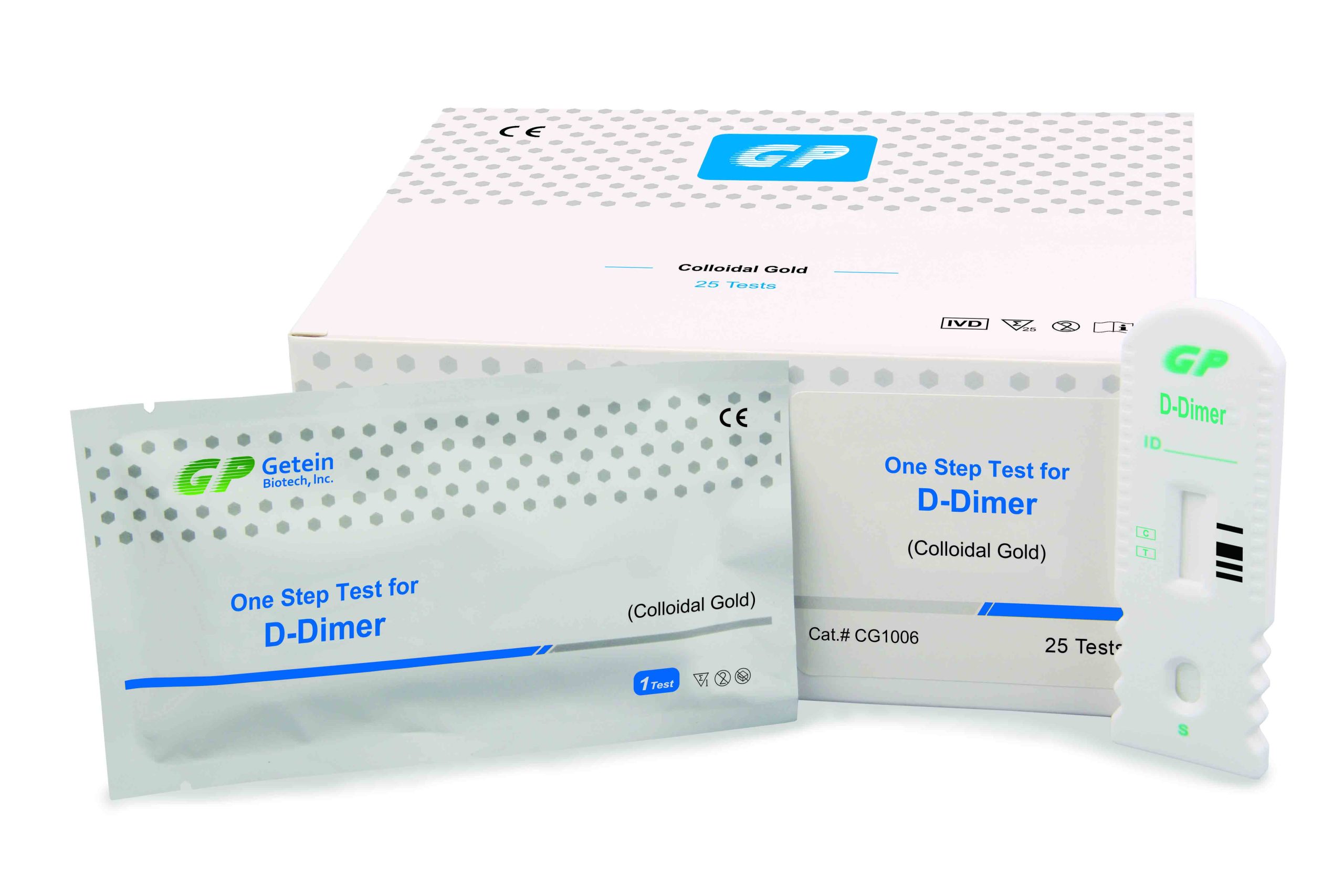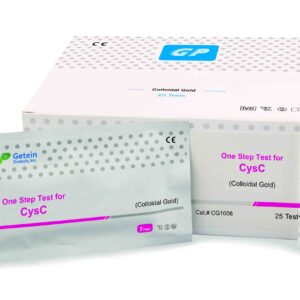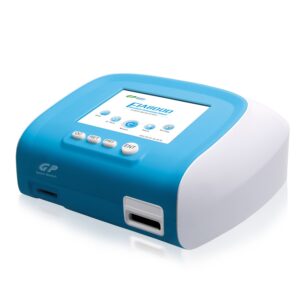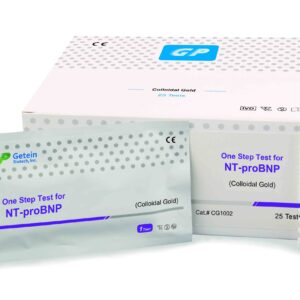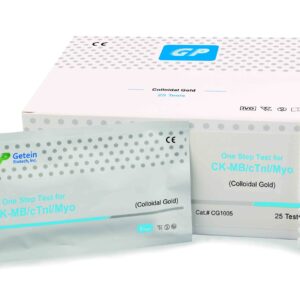Description
Deep-vein thrombosis is a common condition, with a lifetime cumulative incidence of 2 to 5 percent. Untreated deep-vein thrombosis can result in pulmonary embolism, a potentially fatal outcome. Anticoagulant therapy reduces both morbidity and mortality from venous thromboembolism, and early diagnosis is therefore important. Accurate diagnosis of deep-vein thrombosis minimizes the risk of thromboembolic complications and averts the exposure of patients without thrombosis to the risks of anticoagulant therapy.
D-Dimer is a marker of endogenous fibrinolysis and should therefore be detectable in patients with deep-vein thrombosis.
In recent years, an increasing number of studies have shown the D-Dimer assay has a high negative predictive value and D-Dimer is a sensitive but nonspecific marker of deep-vein thrombosis. Negative D-Dimer can exclude deep-vein thrombosis and pulmonary embolism.

